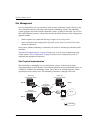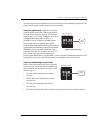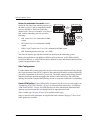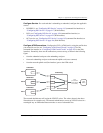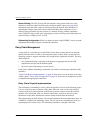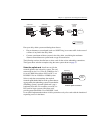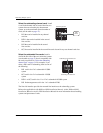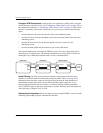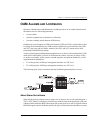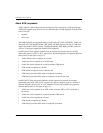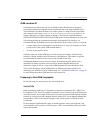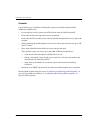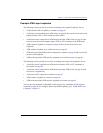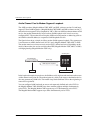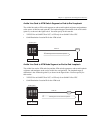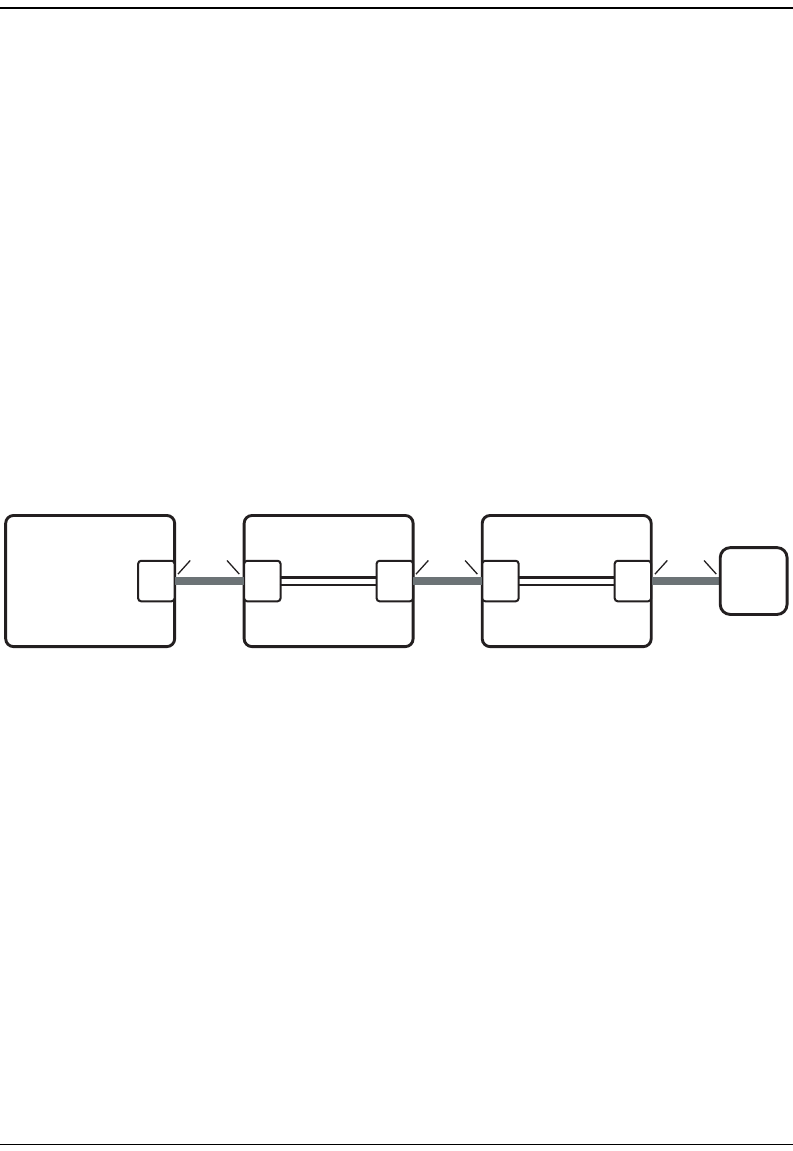
Subtending Multiple Systems
56 Avidia System Configuration and Management User Manual
Configure ATM Connections. Configure the cross connections (ATM circuits), using the
profiles that you created for service (see “Configuring ATM Virtual Circuits” on page 153 for
the command-line interface or “Configuring ATM Virtual Circuits” on page 427 for the Web
interface). Essentially, these are the connections you must set up, as shown in the following
figure:
• from the channel-side card to the line-side card in each subtended system
• from the line-side card in the subtended system to the upstream channel-side card in the
subtending system
• from the channel-side card to the network uplink card (cross-connects) in the
subtending system
• from the network uplink card (line interface) port to the ATM switch
The network administrator will assign the VPI/VCI values. The values shown in the above
illustration are for example only. The network administrator can set up VPI/VCI values in a
meaningful way to differentiate between nodes or areas of subtended sites.
Select Policing. The UPC policing function monitors and regulates traffic flow at the
interface to ensure the traffic conforms to the configured traffic contract (see page 50 for
information about the traffic contract). Policing protects the network from intentional or
unintentional changes in the traffic contract that could affect other connections. If you
enable policing and traffic does not conform, it is deleted. Policing validates parameters
such as VPI/VCI values, traffic rates conforming to contract. Policing can be enabled per one
of the following: ATM port, PVC, or PVP.
Subtending Configuration. When you subtend systems using DS1/DSX-1 cards, set up the
subtending relationships using the command-line interface.
Network Uplink
SubtendedSubtended
DS3 OC3DS3 DS3 DS3
Channel-Side Channel-Side
Line-Side
Uplink
Line-Side
Cross-Connect Cross-Connect
VPI 200
VCI 250
VPI 100
VCI 250
VPI 250
VCI 300
ATM
Switch



